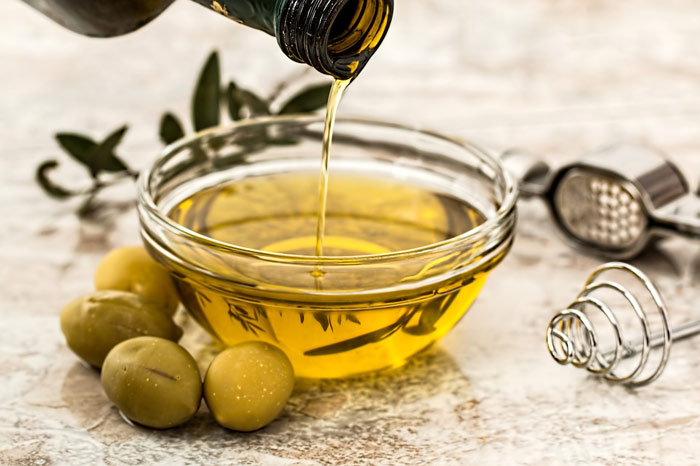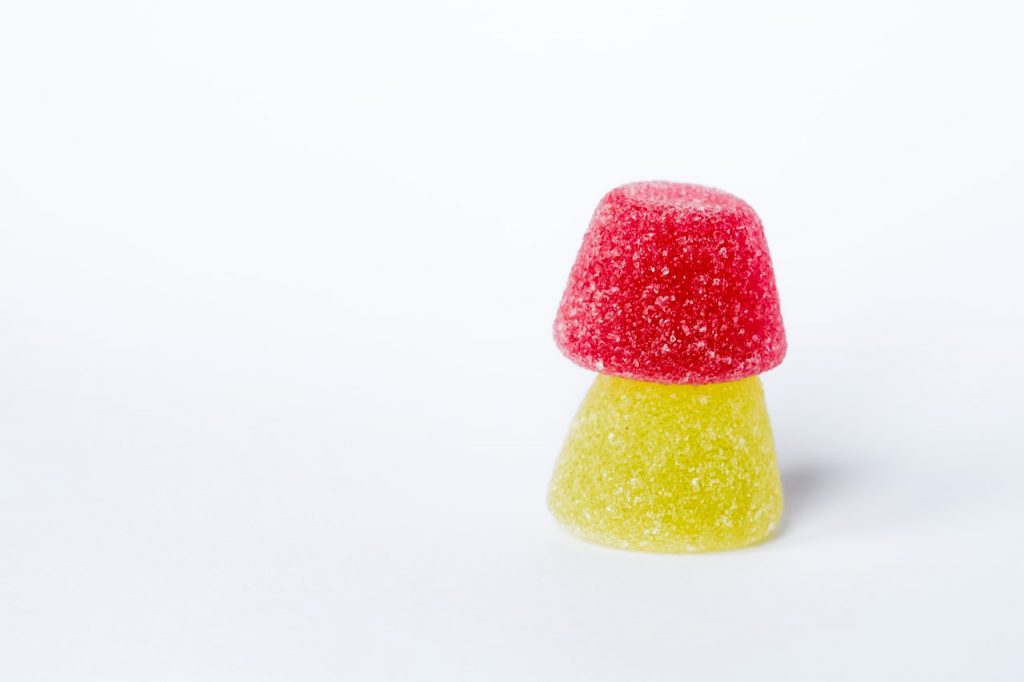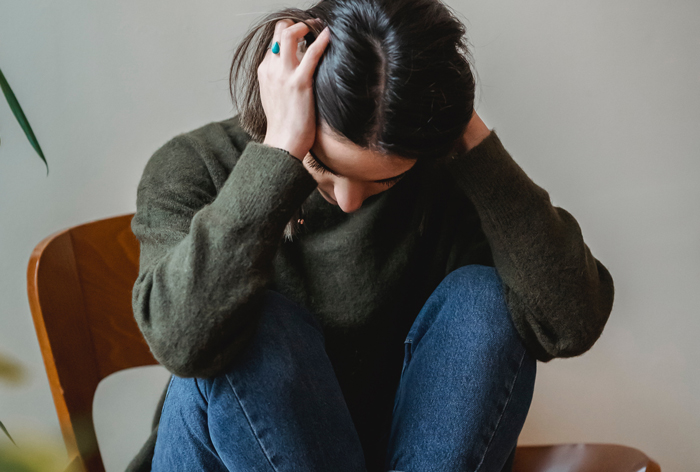When your ears begin hurting you in earnest, it could become one of the worst experiences there are – you cannot sleep, the pain interferes with your eating, and you are unable to concentrate on anything. If you have been stricken at the wrong time and you have to wait before the doctor prescribes you medication, available are some simple remedies you can use at home.
Some pain relievers that can be gotten over-the-counter
See if it is worth your while to keep at home a small stock of ibuprofen, aspirin and acetaminophen. These OTC relievers will come in handy if you develop an ear infection known as acute otitis media which can be rather painful.
Treat with heat
Ear inflammation can be alleviated by heating. A hot pack or an electric heating pad will make your existence less painful. Begin with a 20-minute-long application.
If you went for a heating pad, don’t let it become too hot. It is not advisable to sleep with one on, and if you treat a child with its application, be sure to oversee the process.
Consider naturopathic ear drops
You can add to your first-aid kit naturopathic ear drops which contain extracts from various medicinal herbs. These drops are not in all drug stores, but you will be able to find them online. Most herbal-based drops with olive oil could prove very effective for troublesome ears.
The use of olive oil is disputable

It’s a folk tradition to treat an earache with olive oil – boffins are still unsure whether it is a worthy remedy. Nevertheless it wouldn’t be harmful to introduce several drops of warm olive oil into the canal of the painful ear, and it may create a soothing effect.
The chiropractic approach can be helpful
Those who go in for chiropractic medicine can find that some chiropractic treatments can also do good to your ears. Although it remains to be proven scientifically that it really can alleviate earaches. But if it works for you personally, well and good!
Neck massaging
Some pains in the ear may be the result of the tension of the nearby muscles which place pressure on the ear canal. In such a case you can ease the pain with a massage or exercises for neck muscles.
Try some simple ones, like rotating the head in both ways or bringing the shoulders up to the ears. If you feel a positive effect, persist!
Warming up with a hairdryer
When you dry your hair after washing it, switch to a low heat mode and warm up your painful ear at a comfortable angle for about 5 minutes. See that you won’t end up with a burn, though!
Gum chewing can do the trick

Should you start to feel pain when flying or riding through a high-altitude district, it can be due to a changed air pressure. Chewing gum could settle this issue since it redounds to lowering the pressure.
Sleep sitting up
It’s been a long time since people used to sleep that way, it has become natural for us to sleep lying down. And yet you may find it helpful if your ears bother you. When you go to sleep propped up, extra fluid in your ears can drain, lowering the pressure and lessening pain. If it goes for you, try to sleep in an armchair or against many pillows.
Sleep avoiding exerting pressure on ears
Infected ears can feel worse in certain sleep positions that place pressure on them. If only one ear is infected, go to sleep pressing the pillow with your other ear letting the bad ear drain if it is applicable to the condition.
Cold treatment
Sometimes earache can be alleviated with cold. Prepare a cold pack putting some ice in paper or keeping a pack in the freezer and wrapping it in a thin cloth. Place the pack against the ear or right under the ear and keep it there for some 20 minutes.
See to it that the cold does not make you feel uncomfortable. If you treat children, avoid ice coming in direct contact with their skin. Decide whether warmth or cold works better for you; if in doubt, try both – first a warm pack for 20 minutes, then a cold one for the same time.
Anti-inflammation: ginger
Ginger is known to be anti-inflammatory and able to soothe pain from inflammation. Use ginger juice, or add ginger juice to warmed oil, and smear it around the opening in the outer ear. It shouldn’t go into the ear, though.
Anti-inflammation: onion

Onion is also anti-inflammatory due to the presence of quercetin, a flavonoid. You can make use of it in two ways. First, heat an onion for a quarter of an hour at 450 degrees F. Let it cool down, cut it in half, squeeze the halves into a bowl and drop a little of the juice into the troublesome ear. Alternatively, you can hold a half the onion against the painful ear.
Garlic is also helpful
Garlic is pain-relieving (and antibiotic in addition), so it can help if nothing else is at hand. Crush it and add to warmed olive oil or sesame oil, let it sit for 5-10 minutes, then strain out the garlic. Now the oil can be introduced into the ear canal.
Think of a good distraction for children
With younger kids, a good way to reduce the earache is to make them think of something else. Cartoons or movies, all kinds of games provide excellent distraction and can serve this purpose for hours.
A little hydrogen peroxide can go a long way
Another natural long-lived earache remedy is hydrogen peroxide. If you are pressed to resort to home medication and have hydrogen peroxide in your possession, drop a little of it into the aching canal. After a few minutes drain it and give the ear a good rinse with distilled water.
Tea tree is a salubrious plant
Tea tree is a powerful natural product possessing many beneficial properties – antiseptic, anti-inflammatory, antifungal among others.
Manifold are uses of tea tree oil. For earache, warm a few drops, and place them into the ear once a day. But for that you have to make sure you don’t have skin allergies, nor are you allergic to tea tree. If you are not, choose a carrier oil – it can be olive oil or sweet almond oil, for instance, take one ounce of it and dilute about 3 – 5 drops of tea tree oil in it for an anti-inflammatory mixture.
Home treatment of doctor’s treatment?
With all the above home remedies, earache can be expected to fade away on the third or fourth day. Sometimes you just need to apply some reliever or other and wait for recovery. But if the pain gets worse or is inclined to linger, maybe you would do well to see a doctor about it.
A consultation with a doctor is indicated if:
- Your ear is flooded with a fluid that oozes out.
- Your earache is accompanied by a headache or a fever, you feel onsets of dizziness.
- You feel weakness around the inflamed ear, muscles around the ear show poor reaction, or you have developed swellings.
- You had a very bad pain which stopped for no apparent reason – it could be an injured eardrum.
- You feel no relief after two or three days, the pain remains or has grown worse.











